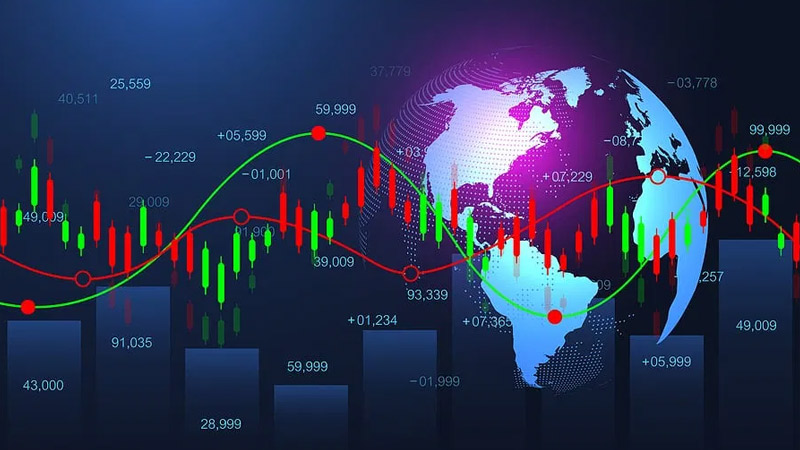
Contracts For Difference: Understanding The Essentials
Contracts for difference are a unique form of trading. Usually, traders need some kind of asset to trade but CFD traders don’t own any tangible assets. They trade on margins derived from specific units attached to an underlying asset’s value. So in essence they only contribute a small percentage of the actual value of an asset rather than purchase it. They do this with the hopes of making a profit from the price movements of the securities.
CFDs allow traders multiple financial instruments including; commodities, forex, indices, and cryptocurrencies. The trades are settled in cash. There are no physical goods or securities. Traders trade over the counter (OTC) through brokers. The brokers form a network that regulates and organize the market. They determine prices based on supply and demand. CFDs aren’t traded on major exchanges.
How To Trade CFDs
CFD traders make a profit through the difference between the opening price and the closing price. A unique aspect of CFDs is that they allow traders to speculate on price movements in different directions. This essentially means that they can predict a rise in price movements or a drop in price movement and make a profit either way. There are two ways that CFD traders execute trades.
- Going Short – This is when traders speculate that price movements will drop.
- Going Long – This is when traders speculate that price movements will rise.
Costs Of CFDs
CFDs are contracts between a buyer and seller. These contracts state that buyers will pay the seller the difference between the opening price and the closing price. In essence, CFDs allow traders to make a profit from the price movements. However, trading CFDs isn’t free. There are some costs involved, some of them include;
- Commissions
Traders are only required to trade shares when the trading share CFDs. They are charges set by the brokers specifically when trading shares.
- Spread
This is the difference between the opening and closing price.
If the trader is going short, they open a trade using a bid price (sell price). This price will be slightly lower than the current market price.
If the trader is going long, they open a trade with an offer price (buy price). This price is usually slightly higher than the current market price.
The cost of opening a CFD is usually covered in the spread. This is why buy prices are slightly higher and sell prices are slightly lower. This ensures that the cost of the trade is accounted for.
- Holding Costs
The costs incurred when trading CFDs are often affected by the duration the trade is kept open. Normally, CFDs don’t have expiry dates but if a daily CFD position is kept open overnight, traders incur a charge. This charge essentially represents what the broker has lent the trader to keep their position open through the night. This charge may be positive or negative depending on the direction of the trader’s position.
Leverage In CFD Trading
CFDs are unique because they allow traders to speculate on price movements of assets and securities they don’t own. Leverage allows traders to access trade the full value assets without committing to the full cost. Traders can put up on a small percentage of the cost which they use to trade.
Leverage has several benefits;
- Traders experience all the benefits of owning an asset without actually owning it.
- Traders can spread their capital further
- Profits will be calculated on the full value of the asset rather than the percentage put up by the trader. This means that gains are amplified. The downside, however, is that the opposite is also true.
- CFDs give traders an easy to trade by going long or short. It is also simple for traders to sell or buy their positions.
Wrapping It Up
Contracts for differences are a unique financial investment. It comes with a lot of benefits when proper strategies are implemented.
CFDs allow traders to speculate on both upward and downward price movements. This means that if their predictions were correct they can make a profit regardless of the direction of the market prices.
Like all forms of trade, CFDs aren’t without risks. They come with the possibility of making losses and just like profits are amplified, during trades, losses are equally amplified if prices don’t move as predicted. CFD trading is restricted in some countries and regions.



